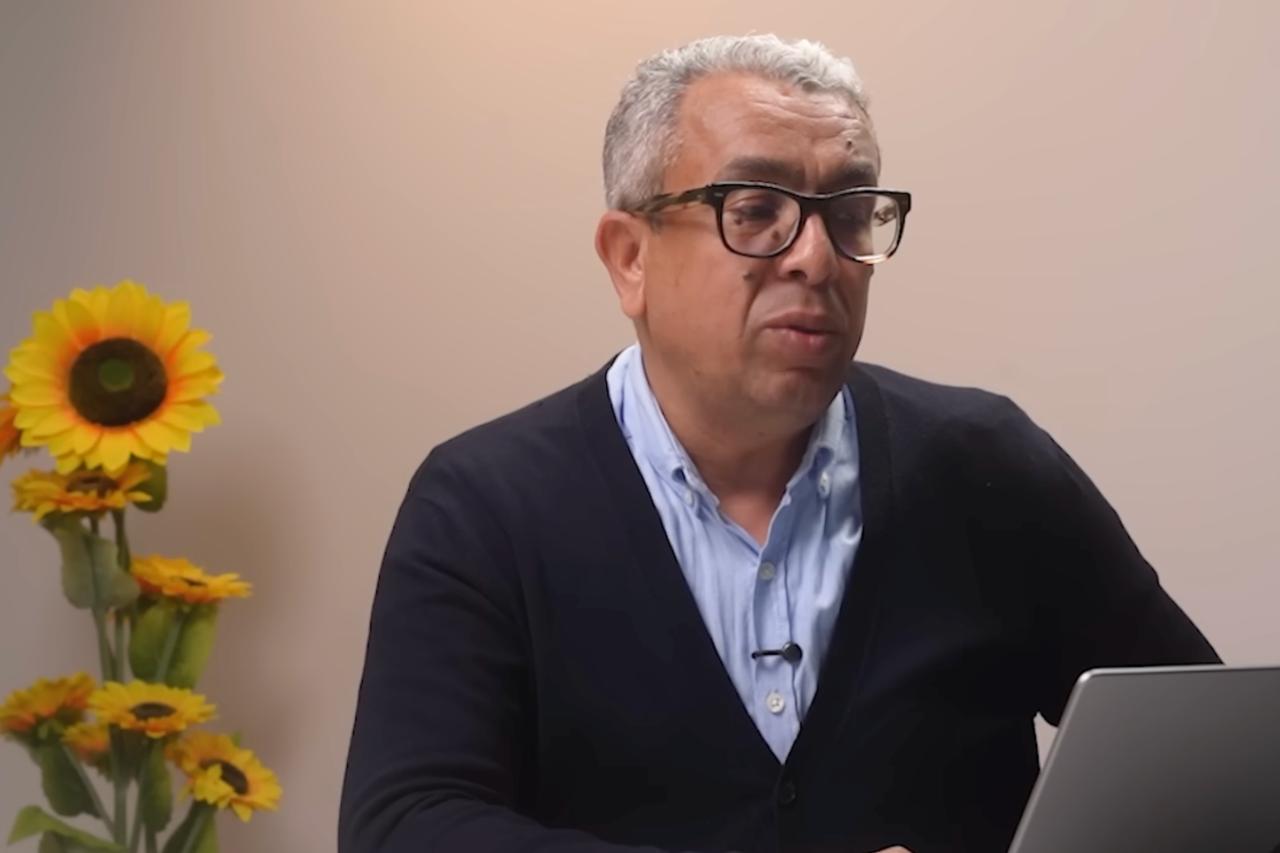
A leaked recording published early Friday by Moroccan journalist Hamid El Mahdaoui has ignited a political and media storm in Morocco, prompting calls for urgent investigations into alleged interference in judicial cases.
It also raised questions about the conduct and confidentiality practices of the National Press Council’s Ethics and Disciplinary Committee.
The leaked recording shows part of an internal meeting of the disciplinary committee and includes what the journalist described as “interference in cases currently before the courts,” as well as the use of “offensive and inappropriate language” directed at him and his legal team.
El Mahdaoui said the video documents deliberations within the National Press Council’s Ethics and Disciplinary Committee and contains—according to his description—“serious” information that undermines the independence of the judiciary.
He also said he released the video “in the public interest,” noting that its content “goes beyond the internal nature of the session.”
In response, the interim committee overseeing the press and publishing sector quickly announced it would take legal action against El Mahdaoui.
The committee argued that his publication of a “selected compilation of statements and images” from an internal meeting amounted to “defamation” and insulted its members.
The committee said the deliberations of its bodies are “protected by confidentiality” under internal regulations, and that publishing images of attendees without their consent is “a violation of the law.”
The committee accused El Mahdaoui of taking a “defamatory and hostile approach” through daily videos. These included “insulting descriptions,” allegations challenging the financial integrity of its president, and even claims of “Israeli interference” behind the ethical proceedings against him.
The National Syndicate of the Moroccan Press condemned the content of the leak, describing it as “serious” and harmful to the independence of institutions and the credibility of the profession’s self-regulatory system.
It called for an “urgent and impartial investigation” to determine responsibility and apply legal sanctions against anyone found to have been involved in breaches that undermine the profession’s integrity or the independence of the judiciary.
Parliament also entered the debate, as MP Fatima Tamni submitted a written question to the minister of culture and communication, urging the government to clarify its position regarding what she described as the “ethical and legal scandal” revealed in the recordings.
According to the footage, Tamni accused some committee members of “conspiring” to deprive a journalist and a media outlet of professional rights and public funding “out of a vindictive logic” and of hinting at “influence peddling to interfere with the judiciary.”
The Justice and Development Party (AK Party) also expressed its “deep regret” over the contents of the recording, calling for an “urgent judicial investigation” and arguing that what it contains “undermines the reputation and independence of the judiciary,” as well as the credibility of the National Press Council, in addition to eroding “public trust in institutions.”
The controversy took on a new dimension after El Mahdaoui revealed that he had obtained the video from a source he would not disclose.
He insisted that it includes “attempts to influence” positions related to cases still under judicial review, a claim that raises the possibility of launching an investigation to verify the authenticity of the deliberations and the circumstances of the leak.
The issue remains open to multiple outcomes amid growing calls to uncover the truth about the leaked content and identify legal and administrative responsibility, to safeguard the integrity of the press sector and ensure the independence of the judiciary in Morocco.